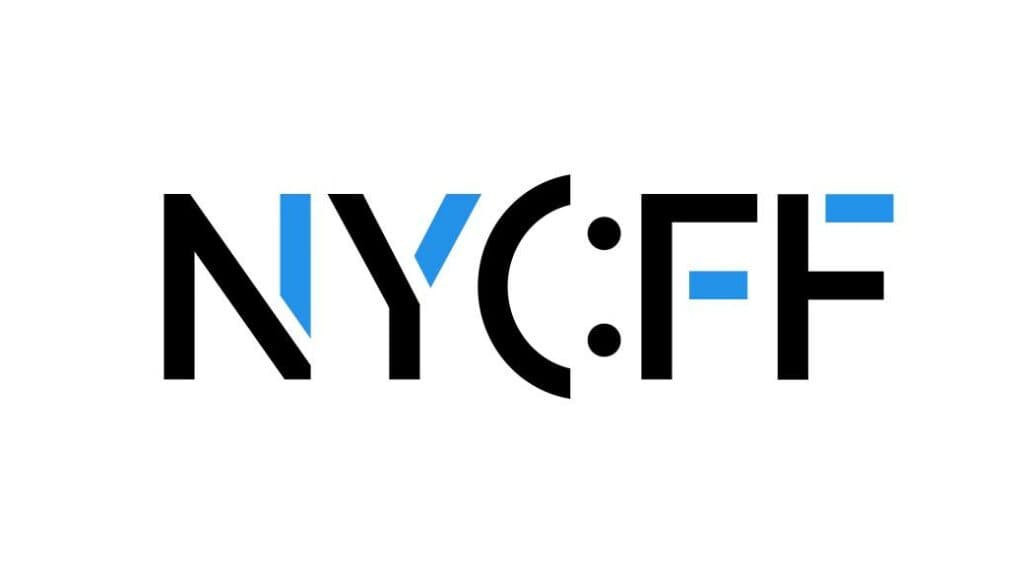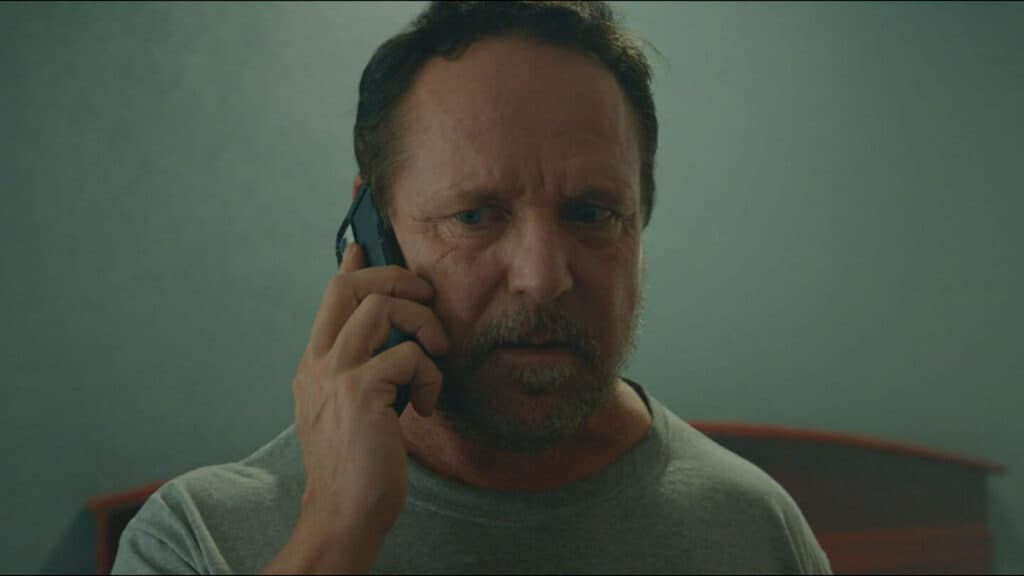Article too long to read?
Independent filmmaking requires passion, persistence, and precision. While mainstream cinema often emphasizes high-budget productions, independent films prioritize creative innovation, narrative depth, and unique perspectives. Platforms such as Indie Shorts Mag demonstrate that short films can serve as a concentrated expression of a filmmaker’s artistic identity. One exemplary story of triumph in this field is the short film ‘Whiplash’ by Damien Chazelle. Originally created as an 18-minute short that premiered at the Sundance Film Festival, it captivated audiences with its intense storytelling and later expanded into an Oscar-winning feature film. This journey highlights the potential impact and reach of independent projects, demonstrating that with a captivating narrative and dedication, small films can achieve remarkable success.
The progression from initial concept to a completed short film that engages audiences involves a complex, multi-stage process. For beginners, taking the first steps can be daunting, but establishing a solid foundation can make the journey smoother. Begin by brainstorming ideas to identify the central theme or message of your film. Next, outline your narrative to ensure the logical flow of your story. Consider joining a filmmaking group to exchange ideas and gather support. With appropriate resources, constructive feedback, and effective strategies, this process becomes both manageable and rewarding.
The Power of the Script
A strong script is essential to creating a memorable film. Regardless of genre, the script provides the structural foundation for production. Although independent filmmakers frequently operate with limited budgets, the development of a compelling narrative remains unrestricted by financial constraints. Experimenting with or combining genres can generate innovative creative opportunities.
Before finalizing your draft, consider sharing your script with peers or seeking structured feedback, as this can make a significant difference. Consider engaging with online forums dedicated to filmmaking, joining local film clubs, or attending writing workshops where you can receive tailored feedback and support. These platforms empower beginners by providing a community that encourages and nurtures creative growth.
Pre-Production: Building the Foundation
After finalizing the script, the pre-production phase is crucial to the project’s success. This stage has a significant impact on the efficiency of the filming process. Tasks such as location scouting, shot scheduling, prop arrangement, and securing permissions, although time-consuming, contribute to a more organized and effective production.
Independent filmmakers frequently assume multiple responsibilities; however, clearly defined roles are essential for effective collaboration. Even small production teams benefit from explicit delineation of duties. Creating a storyboard, even in a preliminary form, ensures that all participants share a unified understanding of the project’s vision prior to filming.
Shooting Smart: Making the Most of What You Have
High production budgets are not required to achieve visually compelling results. Many contemporary short films utilize digital single-lens reflex (DSLR) cameras, smartphones, and natural lighting to create cinematic effects. The effectiveness of visual storytelling depends primarily on shot composition, actor direction, and sound management. For filmmakers using smartphones or DSLRs, simple tips such as leveraging the golden hour for natural lighting or using a tripod to stabilize shots can significantly enhance film quality. Experiment with different angles and framing to add an artistic touch to your scenes.

Sound quality is a critical factor in independent film production. High-quality audio can enhance the impact of low-budget visuals, whereas inadequate sound design can diminish viewer engagement. Utilizing affordable lavalier microphones, monitoring ambient noise, and applying meticulous audio mixing can significantly improve the final product.
Post-Production: Where the Film Comes Alive
The editing room is where your story truly comes to life. Cutting unnecessary scenes, adjusting pacing, and refining color tone transform raw footage into a finished narrative. Tools like DaVinci Resolve and Adobe Premiere Pro offer everything from basic trims to advanced grading—even on tight budgets.
Feedback again plays a vital role here. Screen your rough cut for trusted peers or critics who can offer honest insights. Sometimes a small tweak in timing or a change in sound design is enough to shift the impact of an entire sequence.
Sharing Your Film with the World
A film is only complete when it finds an audience. For indie creators, this means navigating festivals, online platforms, and social media promotion. Consider submitting your work to beginner-friendly festivals such as the Berlin Short Film Festival, the Indie Memphis Film Festival, and the Raindance Film Festival, which are known for welcoming first-time filmmakers. Creating an engaging trailer and crafting posters can amplify your reach. Sharing your film on online platforms like Vimeo or YouTube also provides a broad audience and valuable feedback.

But beyond marketing, it is the reviews and word-of-mouth that sustain a film’s life. Positive reviews not only validate your work but also attract wider attention. Short film reviews provide clarity for decision-makers, and thoughtful film reviews serve as a bridge between filmmakers and their audiences.
Final Thoughts
Independent filmmaking presents significant challenges but offers substantial rewards. Each stage, from initial concept development to final editing, requires resilience and clear vision. Through strategic planning, receptiveness to feedback, and adaptability, filmmakers can produce works with meaningful artistic impact.
Platforms such as Indie Shorts Mag illustrate that independent films serve as dynamic cultural dialogues rather than mere entertainment. Each project contributes a distinct perspective to the evolving discourse of cinema.
About the Author
Related Posts
No comments yet.
Got Something to add to this article?
Your email address will not be published. Required fields are marked *












